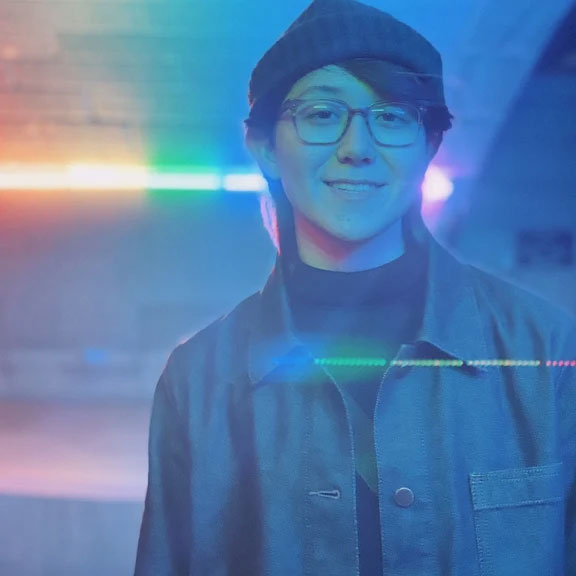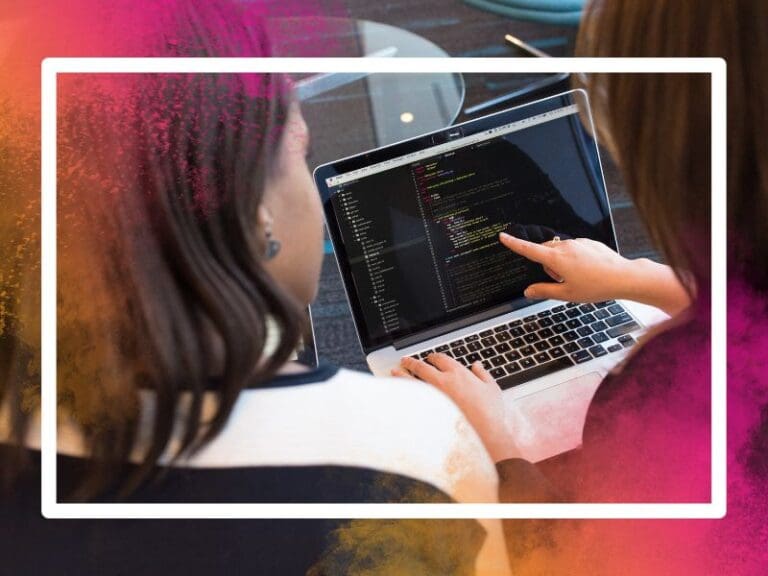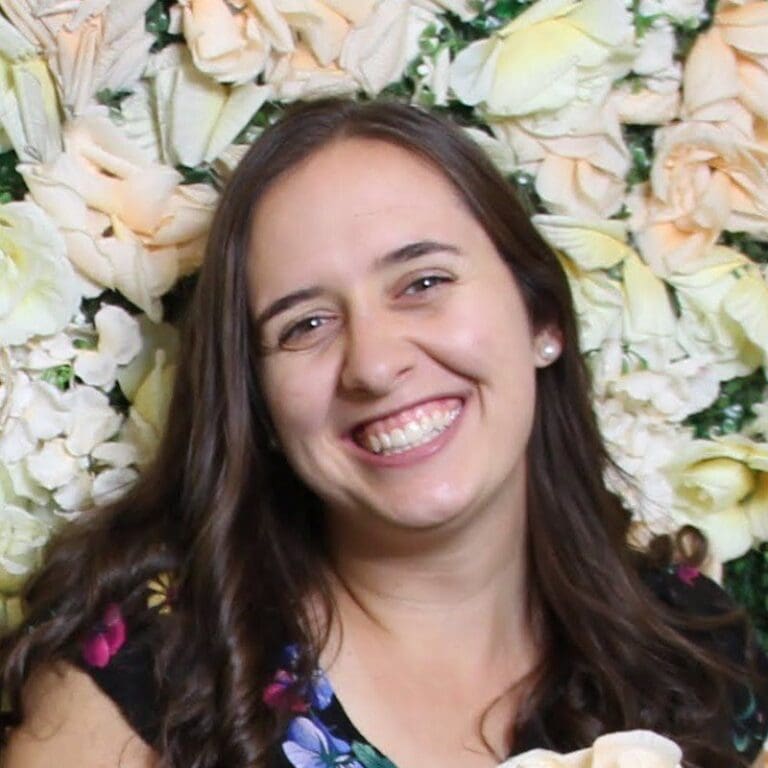IT IS UNDENIABLE THAT THE WEB HAS CHANGED A LOT IN THE PAST FEW DECADES.
What was once a constellation of hand-made, idiosyncratic sites has been superseded by a digital landscape dominated by a few big tech companies and their platforms, which have become synonymous with the experience of “being online.”

In this piece, we hear from Grace Kim Howard, Developer at B-Reel, about her career story and why you don’t have to have a computer science degree to be a creative developer.
Grace Kim Howard is a Los Angeles-based developer with an interest in creative technology and computer graphics.
I CANNOT HELP BUT HOLD ONTO A FONDNESS FOR THOSE EARLY DAYS, AS THIS ERA WAS INSTRUMENTAL IN PROVIDING ME AND MANY OTHERS WITH A FORMATIVE INTRODUCTION TO THE POWER OF CODE AS A MEDIUM FOR CREATIVITY.
As a developer at B-Reel, I primarily focus on web development, with a broader set of capabilities and interests across the realm of creative technology, including computer graphics, prototyping and motion. At a creative agency, some of the most fun projects to work on are often the highly visual and interactive projects because there’s a ton of room to be expressive and tackle challenges that require bespoke solutions. Due to the nature of client work, my day-to-day entails diving into many different projects and quite a lot of experimentation. This can be anything from trying new technologies, such as a language or library, or playing around with shaders and 3D graphics. It’s a great way to cultivate a strong and diverse skill set, which is invaluable as an engineer.
AN EARLY INTRODUCTION TO CODE
As a kid, I had built up an informal technical education making and customizing websites, starting around third grade. I initially used simple website builders to exchange pages with friends with fun elements like bling text gifs and flashy marquees – think crude, early web aesthetics. By fifth grade, I got into rudimentary HTML and CSS so that I could build and style websites the way I wanted them. At many points, I was definitely in way over my head – but that was half the fun of it all.
Although I made tons of sites just for myself, a large aspect of it was social. The thing that got me into building websites in the first place was making pages so my friends and I could chat over embedded pre-built chat boxes, building login-only wikis to detail the rich world of our elementary inside jokes (shout out to pbwiki), and creating dozens of forums using free Internet forum software (shout out to phpBB), similar to the community-building efforts emphasized by the 5 Female Researchers Shaping the Future of Computer Science.
This interest carried over from personal sites into the early social networks, and like many others of my generation, I spent hours customizing guild pages for Neopets, then styling my MySpace profile, and eventually tweaking Tumblr themes and setting up WordPress blogs in middle school.
When I got to high school, I more or less stopped. I found myself in a new, academically rigorous school and in such an unfamiliar environment, surrounded by new friends, I worried that all that time spent online would distract me from my studies.
COMBINED CODE AND CREATIVITY
It was many years later in college when I took a creative writing class with an amazing professor who led us through the range of electronic literature, digital humanities, Internet studies and new media arts. Although it was not a programming class, the open and flexible nature of the projects allowed for us to choose whatever mediums we wanted to engage with the material – so I chose code.
From my earliest memories, I was just as obsessed with science and technology as I was with art and reading and writing. But as I got older, the unrealistic expectations I had internalized led me to believe my B+ grade in math class was an indicator of some inherent incapability. This is a big reason I didn’t think I could do “real computer science” and so didn’t even consider it.
Science, humanities, and the arts are so often siloed in education, we aren’t really encouraged to think about the ways they inform each other and can combine to create new realms for thinking. Yet it is undeniable that the nature of our world is a highly interconnected one; the Internet is a great metaphor for this. From knowledge to labor, this kind of atomization only serves to limit our potential and isolate us from one another.
However, there is something notable about the Internet today, something that was a lot more scarce all those years ago – the seemingly endless supply of incredible, thorough, and legitimate resources online. It didn’t happen overnight, and many good people have fought and continue to fight for knowledge to be free and open access for all. For those who are curious and want to continue supplementing their education even outside of school, there is a treasure trove of material to be found, whether it be science, technology, art, history, literature, research articles, books, courses – it’s all online.








